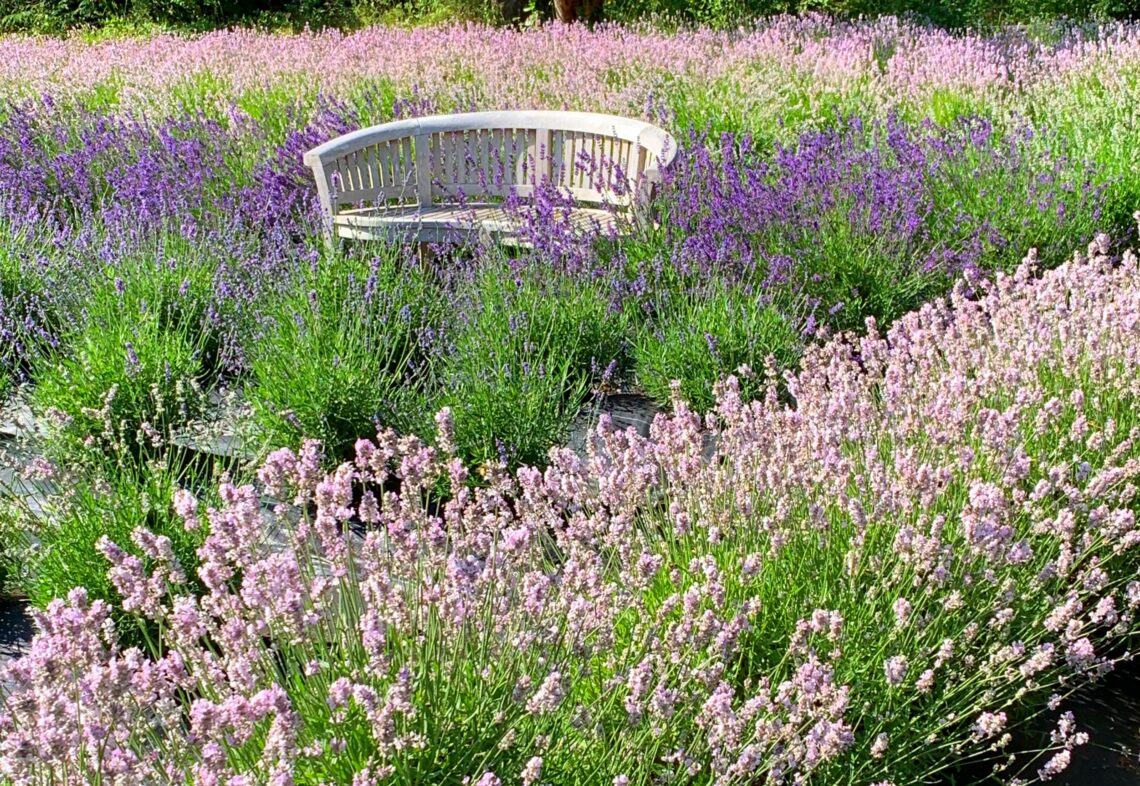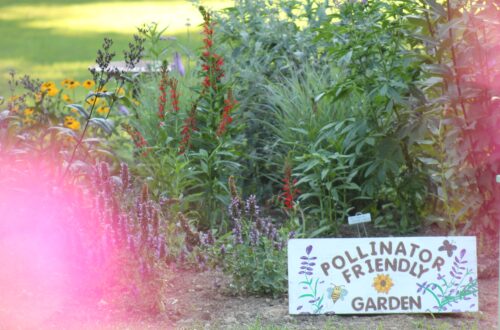
In today’s fast-paced, technology-driven world, many of us find ourselves constantly bombarded with stressors and distractions. We often forget the importance of reconnecting with nature and engaging in simple, grounding activities. Gardening is one such activity that not only nurtures our surroundings but also nurtures our mental well-being. In this post, we’ll explore the myriad mental health benefits of gardening and why getting your hands dirty might be a key to cultivating inner peace.
Stress Reduction
Gardening can be a form of mindfulness, allowing individuals to escape the hustle and bustle of everyday life. Tending to plants, weeding, and pruning require focus and concentration, which can help redirect your mind away from stressors and encourage relaxation. Engaging with nature has been shown to reduce cortisol levels, the hormone associated with stress.
Mood Enhancement
The act of gardening releases endorphins, the body’s natural feel-good chemicals. This can lead to an improved mood, decreased symptoms of depression and anxiety, and a sense of accomplishment as you witness the growth and bloom of your garden. The visual appeal of a well-kept garden can also contribute to a positive atmosphere and feelings of satisfaction.
Connection to Nature
Spending time in nature is vital for our mental well-being. Gardening allows individuals to establish a connection with the natural world, fostering a sense of belonging and interconnectedness with the environment. This connection can evoke feelings of awe and wonder, which are associated with improved mental health.
Physical Exercise
Gardening is a physically active hobby that can help maintain or improve one’s physical health. The combination of bending, lifting, digging, and walking in the garden provides a low-impact form of exercise that can enhance strength and flexibility. Regular physical activity has been linked to improved mental health and a reduced risk of developing conditions like depression.
Sense of Purpose
Caring for plants and watching them grow gives individuals a sense of purpose and responsibility. Having something to nurture and look after can boost self-esteem and provide a reason to get out of bed every day. A well-maintained garden becomes a source of pride, further contributing to an individual’s sense of accomplishment and worth.
Social Interaction
Gardening can also be a social activity. Community gardens and gardening clubs offer opportunities to connect with like-minded individuals who share a love for plants and the outdoors. Social interaction is essential for mental health, as it helps combat loneliness and provides a support system.
Reducing Negative Thoughts
For individuals who grapple with persistent negative thoughts and ruminations, gardening can act as a powerful diversion, offering a respite from destructive thinking patterns. The process of planting, nurturing, and watching plants grow can effectively redirect your focus away from distressing thoughts, fostering a mental environment where positivity and serenity can flourish.
Gardening is much more than just a hobby; it’s a therapeutic and fulfilling endeavor that can significantly improve your mental health. Whether you’re growing a lush garden in your backyard or tending to a few potted plants on your windowsill, the act of nurturing and connecting with nature can bring numerous benefits to your emotional and psychological well-being. So, if you’re looking for a way to reduce stress, enhance your mood, and find a deeper connection with the natural world, consider getting your hands dirty and start gardening today. Your mental health will thank you for it.





